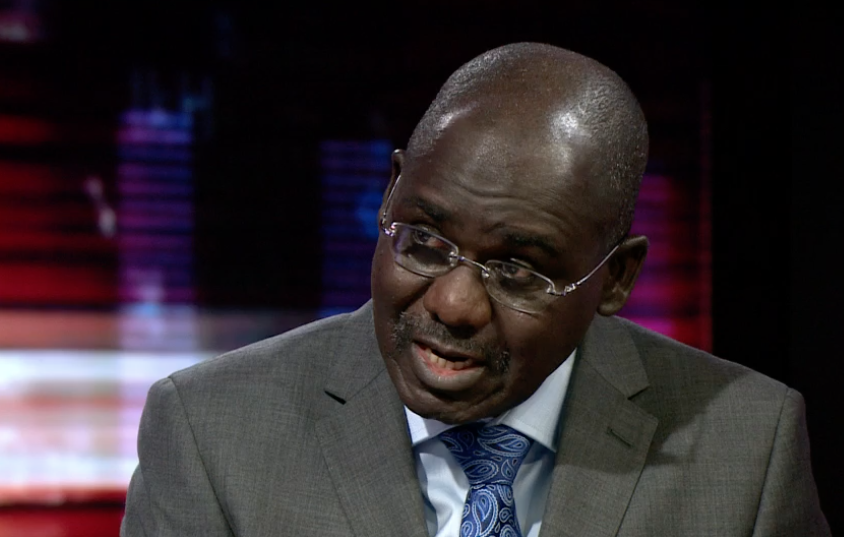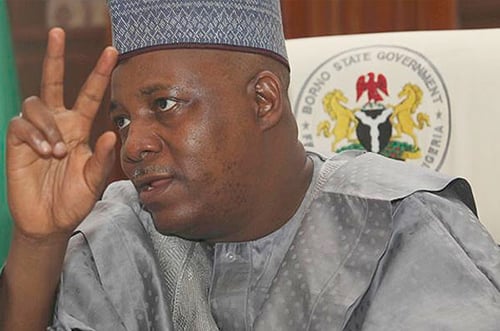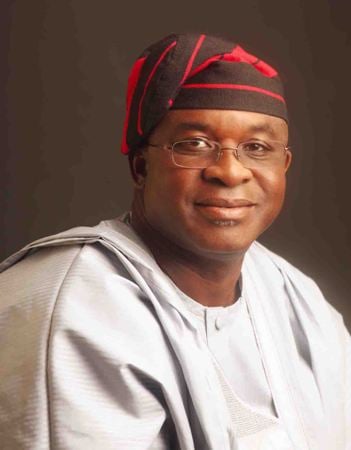Osita Chidoka, former minister of aviation, says Nyesom Wike, minister of the federal capital territory (FCT), should apologise to the military officer he clashed with in Abuja on Tuesday over a disputed plot of land.
Earlier on Tuesday, a viral video showed Wike being stopped by military personnel from accessing the site, sparking a heated argument with an officer.
Reacting to the development in a statement, Chidoka said the minister’s approach was inappropriate and undermined the principles of democratic governance and institutional authority.
He criticised Wike for personally attempting to enforce directives at the site, noting that such behaviour was “a fundamental misstep” in a constitutional democracy.
Advertisement
“Any law enforcement officer, in uniform or plain clothes, represents the president and the sovereignty of the Nigerian state. To abuse such an officer is to diminish the authority of the Republic itself,” Chidoka said.
“In constitutional democracies, power operates through institutions, not impulse. No matter how justified a grievance, a minister cannot become an enforcer; that violates the very idea of ordered government.”
Chidoka said the FCT minister should have acted through the appropriate channels instead of engaging the military officer directly.
Advertisement
He added that if the soldiers’ deployment was improper, Wike should have communicated with the minister of defence, who oversees the Armed Forces, rather than confronting the officer in public.
“The minister should apologise to the officer for using abusive language. It is not acceptable behaviour,” he wrote.
“The conduct of the DSS protective details was equally unprofessional. Their responsibility was to extract their principal from a rancorous and potentially dangerous situation, not to escalate it.”
He added that “security officers must remember that their loyalty is to the state, not to personalities.”
Advertisement
Chidoka described the incident as “a cautionary tale”, saying it “demeans the dignity of the office of the minister and undermines the image of disciplined governance.”







